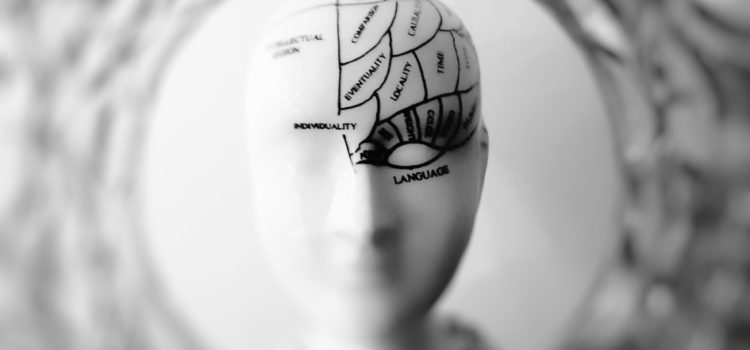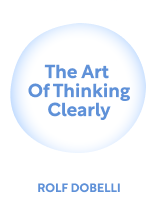

This article is an excerpt from the Shortform book guide to "The Art of Thinking Clearly" by Rolf Dobelli. Shortform has the world's best summaries and analyses of books you should be reading.
Like this article? Sign up for a free trial here .
What is the Zeigarnik effect? Why do we tend to forget projects we are done with?
In psychology, the Zeigarnik effect is the tendency to recall unfinished or interrupted tasks more easily than tasks that haven’t yet been completed. According to Rolf Dobelli, the author of The Art of Thinking Clearly, the brain does this for efficiency—once the task is complete, it deems it unimportant and discards it to free up mental space.
Keep reading to learn about the Zeigarnik effect, why it happens, and how to overcome it.
The Zeigarnik Effect
Before a task is completed, your brain keeps it at the forefront of your memory; once the task is completed, you immediately forget about it—that’s the Zeigarnik effect.
This makes your brain efficient, Dobelli explains. Your brain holds information as long as necessary, but once that information is deemed unimportant, your brain forgets it to free up mental space for the next, important piece of information. Completed tasks are considered unimportant and thus discarded.
There’s one exception to this rule, Dobelli adds. If you have a number of tasks to complete, making a concrete plan to deal with them can signal your brain to forget the tasks before you finish them. (Shortform note: Making a plan could have the same effect as actually completing the task because of imagination’s effect on the brain. When you imagine something, your brain reacts as if you’re actually experiencing it. So when you imagine completing a task, your brain feels like you really have.)
| The Psychology of the Zeigarnik Effect How does the Zeigarnik effect work, neurologically? Dobelli doesn’t say, but others argue that it comes down to repetition and the different kinds of memory. There are three kinds of memory: sensory, short-term, and long-term. Information is received sensorily, after which it’s either forgotten or moved to short-term memory. Information generally lasts less than a minute in short-term memory, after which it’s either forgotten or moved to long-term memory. You can increase a piece of information’s stay in short-term memory through repetition, and this is how the Zeigarnik effect works. When you leave a task uncompleted, your brain repeats the knowledge for you, subconsciously keeping the information in your short-term memory. The effort that goes into this repetition causes cognitive tension, which results in anxiety and an inability to focus. Once the task is completed, your brain stops the repetition and releases the cognitive tension. Depending on how important the information is, it may move to long-term memory or be forgotten entirely. |

———End of Preview———
Like what you just read? Read the rest of the world's best book summary and analysis of Rolf Dobelli's "The Art of Thinking Clearly" at Shortform .
Here's what you'll find in our full The Art of Thinking Clearly summary :
- A detailed look at the most common logical fallacies that inhibit decision-making
- How to recognize and overcome these fallacies to make better decisions
- Why you value things for arbitrary reasons






